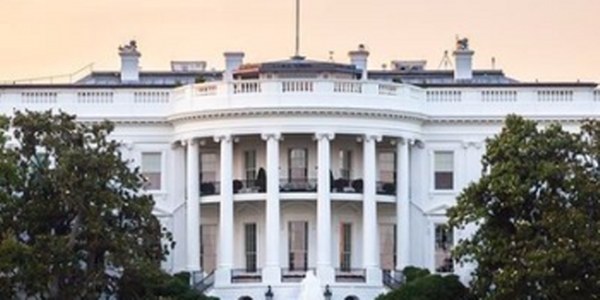US declares Babbar Khalsa ‘risk’ to its interests, personnel

New York : In a blow to the Khalistan movement, President Donald Trump’s adminsitration has declared the Babbar Khalsa International terrorist group a “risk to the US personnel and interests overseas”.
The National Strategy for Counterterrorism unveiled in Washington on Thursday said that Babbar Khalsa International “is responsible for significant terrorist attacks in India and elsewhere that have claimed the lives of innocent civilians”.
The document also lists Tehreek-e-Taliban Pakistan and Lashkar-e-Taiba (LeT) among organisations that are a potential threat to the US.
The US State and Treasury Departments had listed the Babbar Khalsa International and the International Sikh Youth Federation as terrorist organisations in 2002 and the LeT in 2001.
The strategy document released by US National Security Adviser John Bolton takes a hard look at not only terrorists directly posing a threat to the US, but also at “separatist movements overseas whose use of violence and intent to destabilise societies”.
Its primary focus, though, was on the Islamic State (IS) and Al Qaeda and their affiliates, and terrorist groups linked to Iran.
Both IS and Al Qaeda “will probably remain the most frequent form of radical Islamist terrorism in the US for the next several years”, it said.
Abroad, the document also identified neo-Nazi and neo-Fascist groups in Europe that attack Muslims among groups that threaten Americans.
The strategy calls for broadening the “range of partners” in the fight against terrorism, and encouraging “capable partners to play a larger role in counterterrorism efforts”.
It said that groups like the Babbar Khalsa International and LeT may avoid targeting the US now for tactical reason, but still posed risks to it abroad.
About groups like the Babbar Khalsa International, it said they “may avoid or deprioritise targeting US interests for now to avoid detracting from their core goals but frequently conduct assassinations and bombings against major economic, political, and social targets, heightening the risk to United States personnel and interests overseas”.
Babbar Khalsa International was founded by a Canadian citizen and was based in Vancouver.
It has been linked to the bombing of Air India Flight 182 in 1981 that killed 329 people on the Emperor Kanishka, a Boeing 747 airliner.
No one has been prosecuted for the attack carried out from Canada.
The US declaration will be an embarrassment to Canada, where posters of the late Talwinder Singh Parmar, the founder of Babbar Khalsa International are displayed at public events.
Jagmeet Singh, the leader of Canada’s New Democratic Party, the third largest in Canada’s House of Commons, has admitted Parmar’s role in the terrorist attack.
“The inquiry identified specifically Talwinder Singh Parmar, and I accept the findings of the investigation,” he told the Canada Broadcasting Corporation interviewer earlier this year.
He also admitted that it was “inappropriate” to display Parmar’s pictures at public events.
Canada had refused to extradite Parmar, who was wanted in India in connection with the killing of two Punjab police officers.
Parmar later returned to India and was killed during a confrontation with police in 1992.
The strategy document added: “The terrorist threat to the US is growing more dynamic and diffuse as an increasing number of groups, networks, and individuals exploit global trends, including the emergence of more secure modes of communications, the expansion of social and mass media, and persistent instability across several regions.”
Published on : October 6, 2018 at 09:02 IST
IANS




